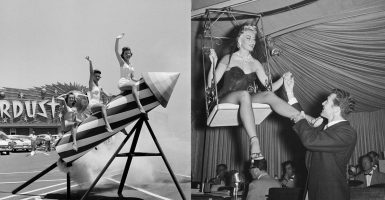Rulers who rescued their kingdoms from disaster
History is rich with tales of leaders whose actions have shaped nations and cultures. These legendary figures, through their heroic acts, have left indelible marks on the pages of history. From ancient rulers to modern monarchs, their stories continue to inspire and fascinate us. Let’s embark on a journey to explore the lives and legacies of these remarkable leaders and understand the impact they had on their worlds.
The Wise King: Solomon’s Diplomatic Brilliance
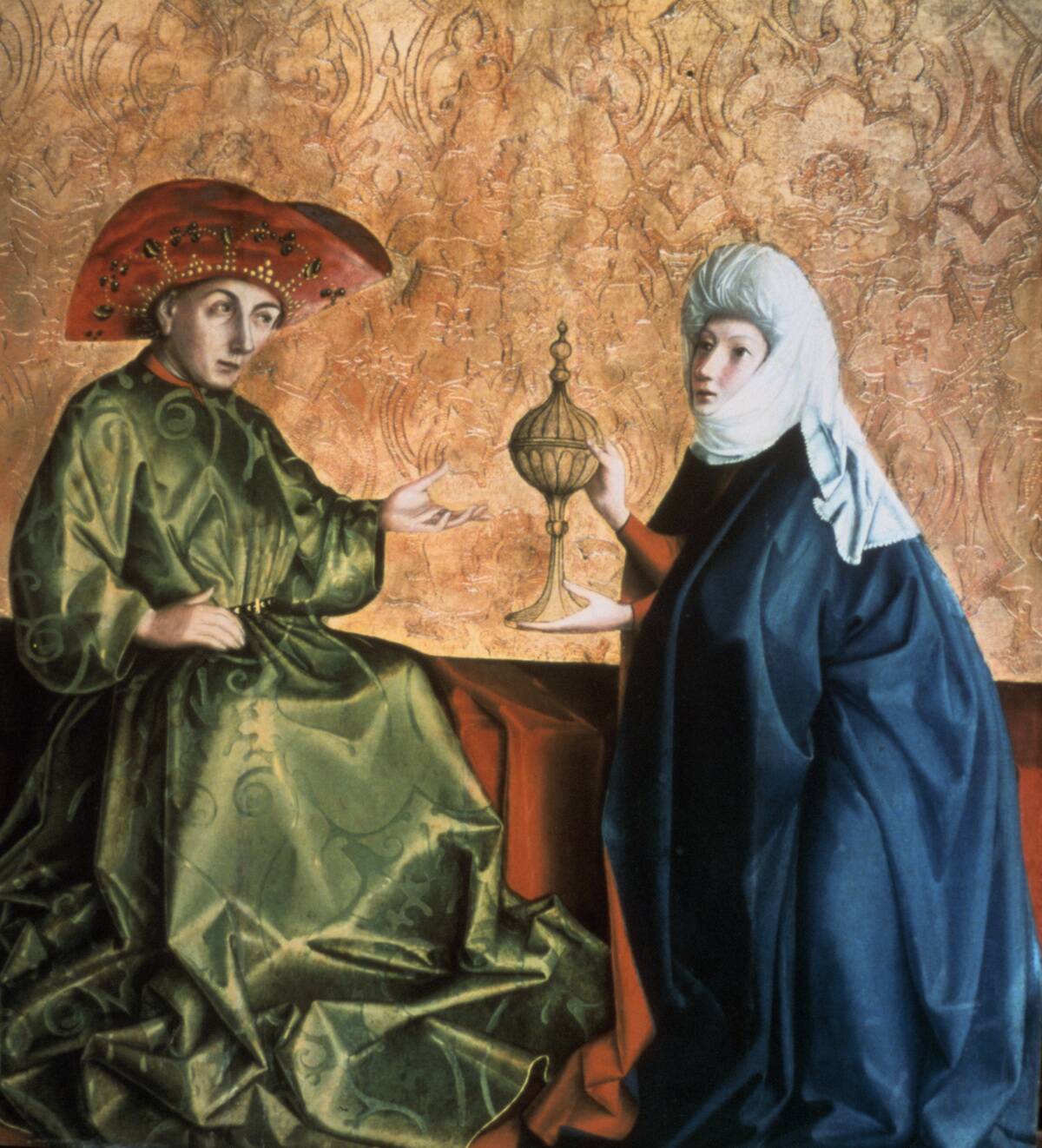
King Solomon, known for his wisdom, was a master of diplomacy in ancient Israel. His reign, around 970 to 931 BCE, was marked by peace and prosperity. Solomon’s ability to forge alliances through marriages and treaties helped secure his kingdom’s stability. The construction of the First Temple in Jerusalem stands as a testament to his leadership and vision, making his era a golden age for Israel.
Queen Elizabeth I: The Defeat of the Spanish Armada
![[redacted], Queen of England and Ireland, c1588. Artist: George Gower](https://media.tellmebest.com/wp-content/uploads/2020/09/463894711-14781.jpg)
Queen Elizabeth I of England faced the formidable Spanish Armada in 1588. Her leadership and the strategic prowess of her navy led to a decisive victory against the mighty Spanish fleet. This triumph not only secured England’s independence but also marked the rise of England as a dominant sea power. Elizabeth’s reign, often called the Elizabethan Era, witnessed a flourishing of English culture and influence.
Emperor Meiji: Modernizing Japan in the Meiji Restoration
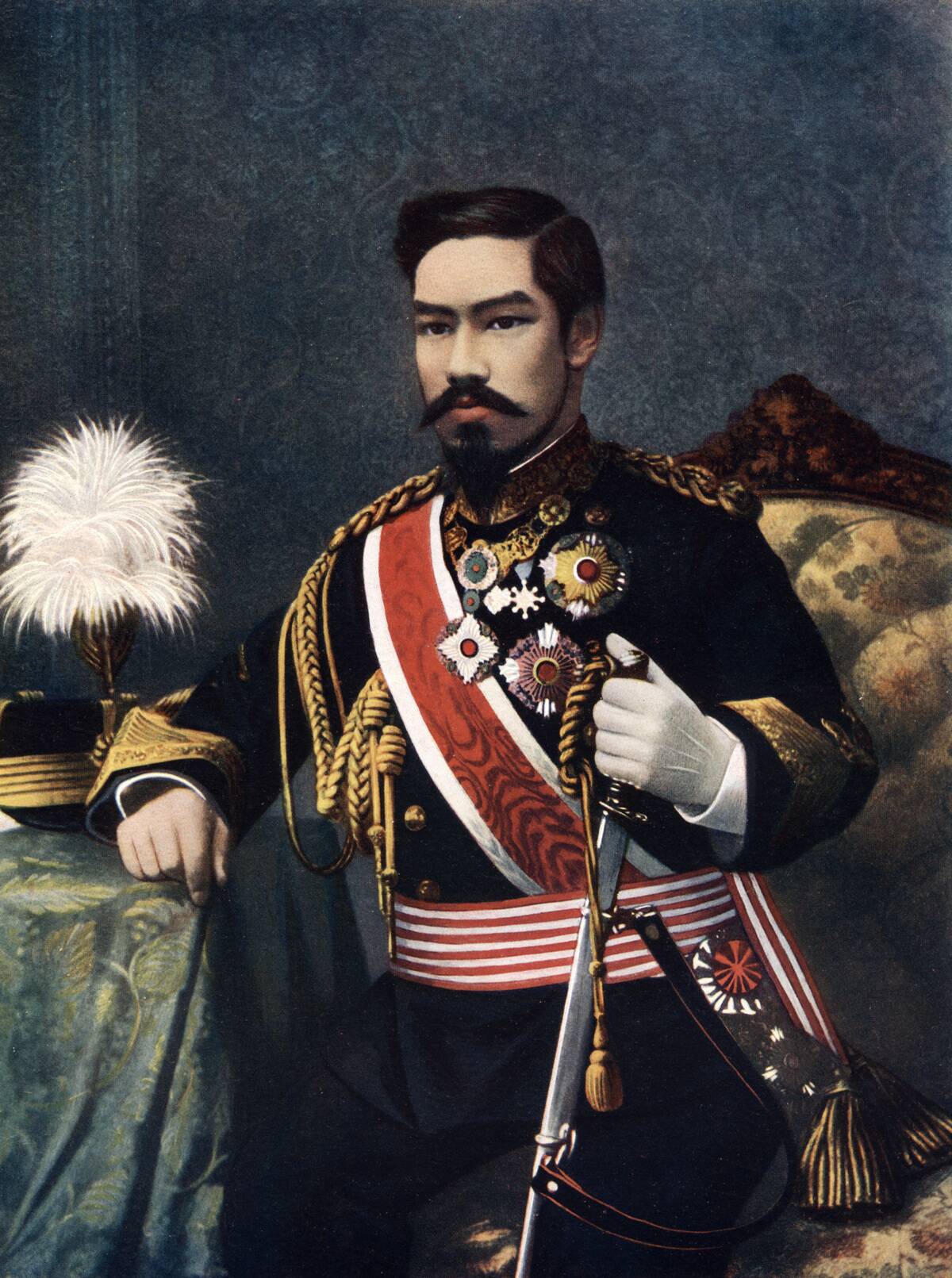
Emperor Meiji, ascending to the throne in 1867, was pivotal in transforming Japan during the Meiji Restoration. Under his leadership, Japan rapidly industrialized and adopted Western technologies and educational systems. This period of modernization enabled Japan to emerge as a major world power by the early 20th century. Meiji’s vision and reforms laid the foundation for Japan’s future development and global influence.
Catherine the Great: Expanding and Enlightening Russia
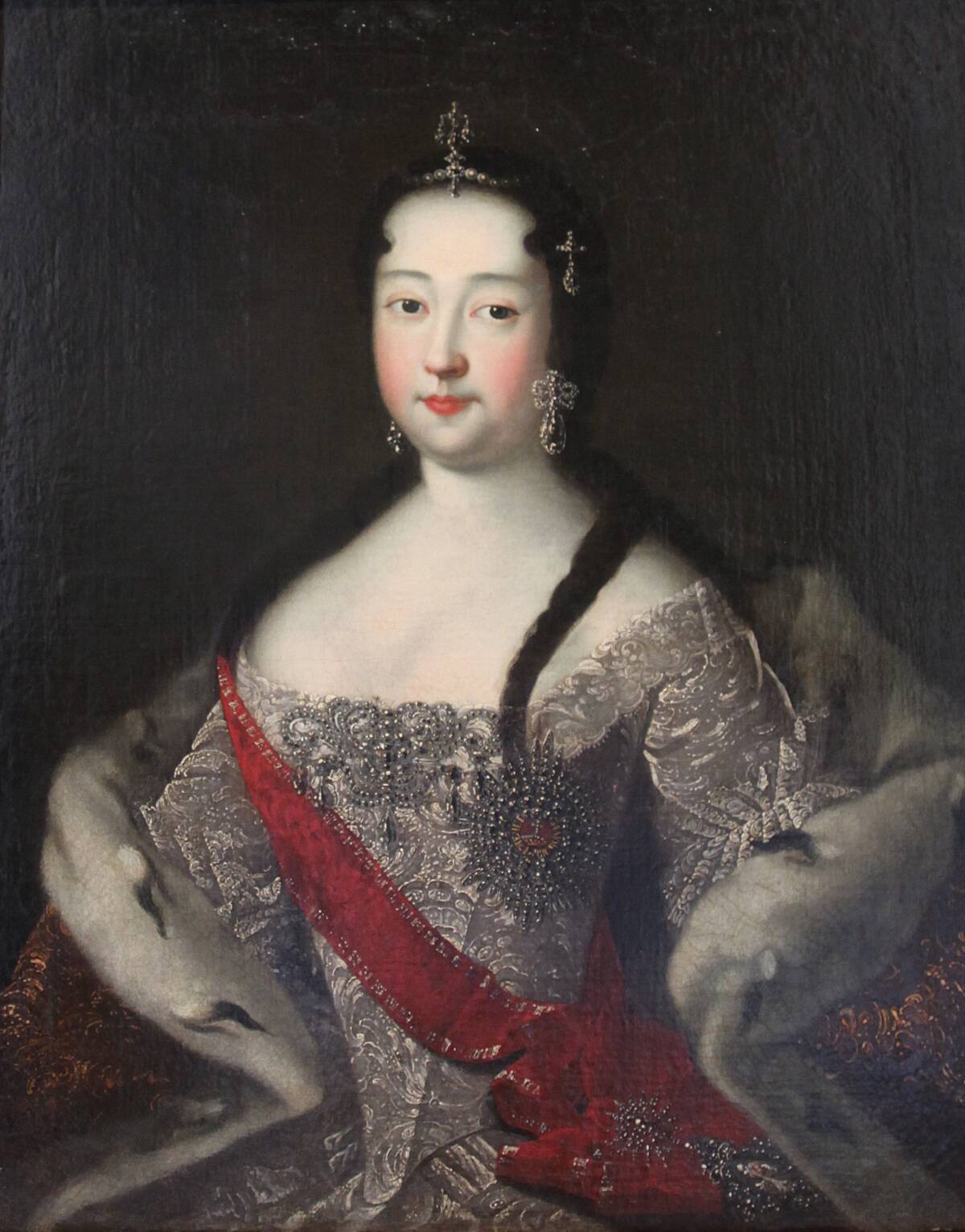
Catherine the Great, Empress of Russia from 1762 to 1796, expanded her empire significantly through military victories and diplomatic maneuvers. She also championed the Enlightenment, bringing cultural and educational reforms to Russia. Her reign saw the establishment of the Smolny Institute, the first state-financed higher education institution for women. Catherine’s efforts paved the way for Russia’s emergence as a major European power.
King Sejong the Great: Inventing Hangul to Empower Korea
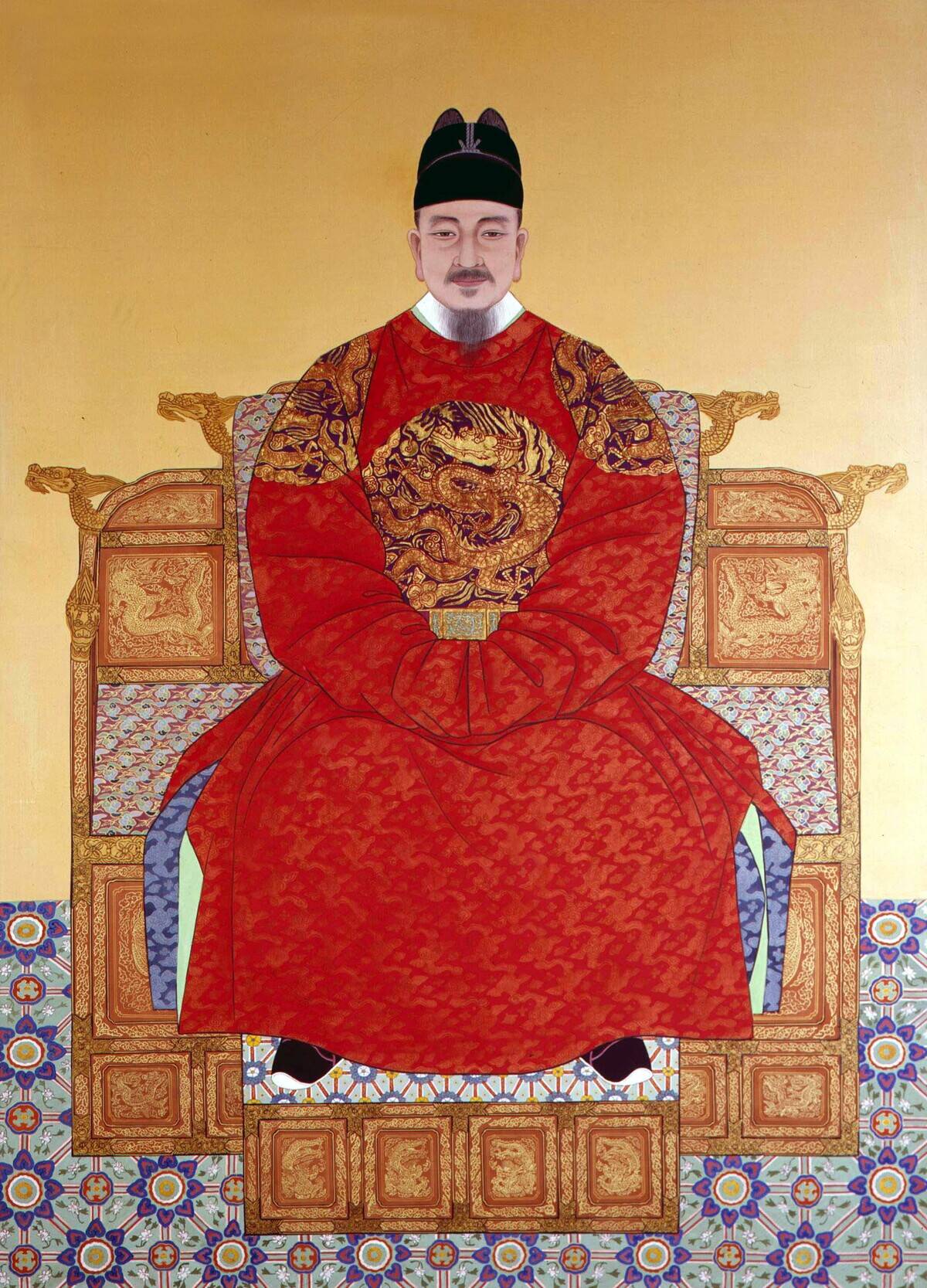
King Sejong the Great of Korea, ruling from 1418 to 1450, is celebrated for creating Hangul, the Korean script. By enabling the Korean people to learn and use their own writing system, Sejong empowered them with literacy and education. Hangul’s simplicity and accessibility contrasted sharply with the complex Chinese characters used at the time. Sejong’s invention remains a cornerstone of Korean identity and culture today.
King Henry IV of France: Ending the Wars of Religion
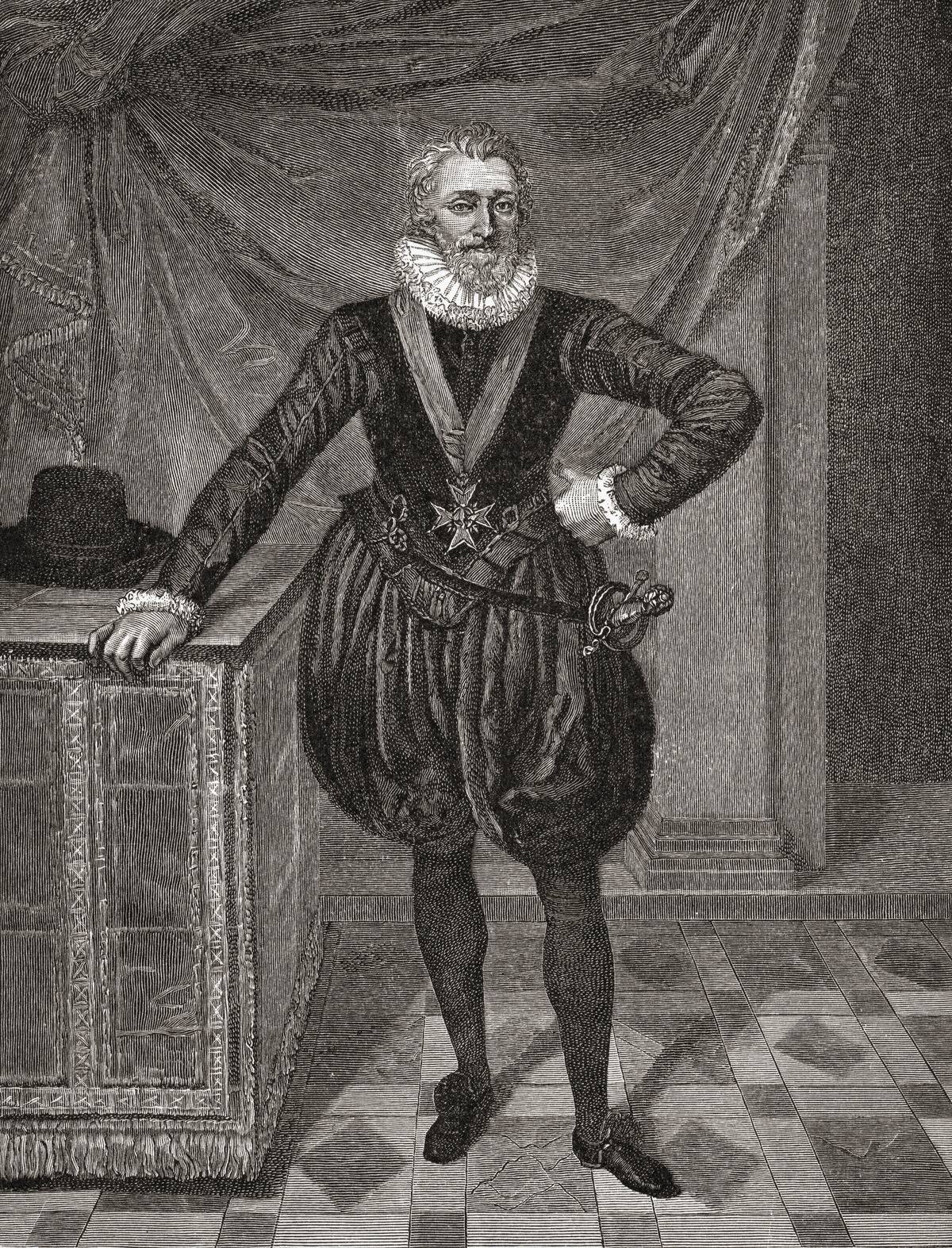
King Henry IV of France, who reigned from 1589 to 1610, is best known for ending the Wars of Religion with the Edict of Nantes in 1598. This decree granted religious tolerance to Huguenots, easing tensions between Catholics and Protestants. Henry’s pragmatic approach to governance earned him the nickname ‘Good King Henry.’ His efforts to promote peace and unity laid the groundwork for France’s prosperity in the 17th century.
Emperor Augustus: Stabilizing Rome After Civil War
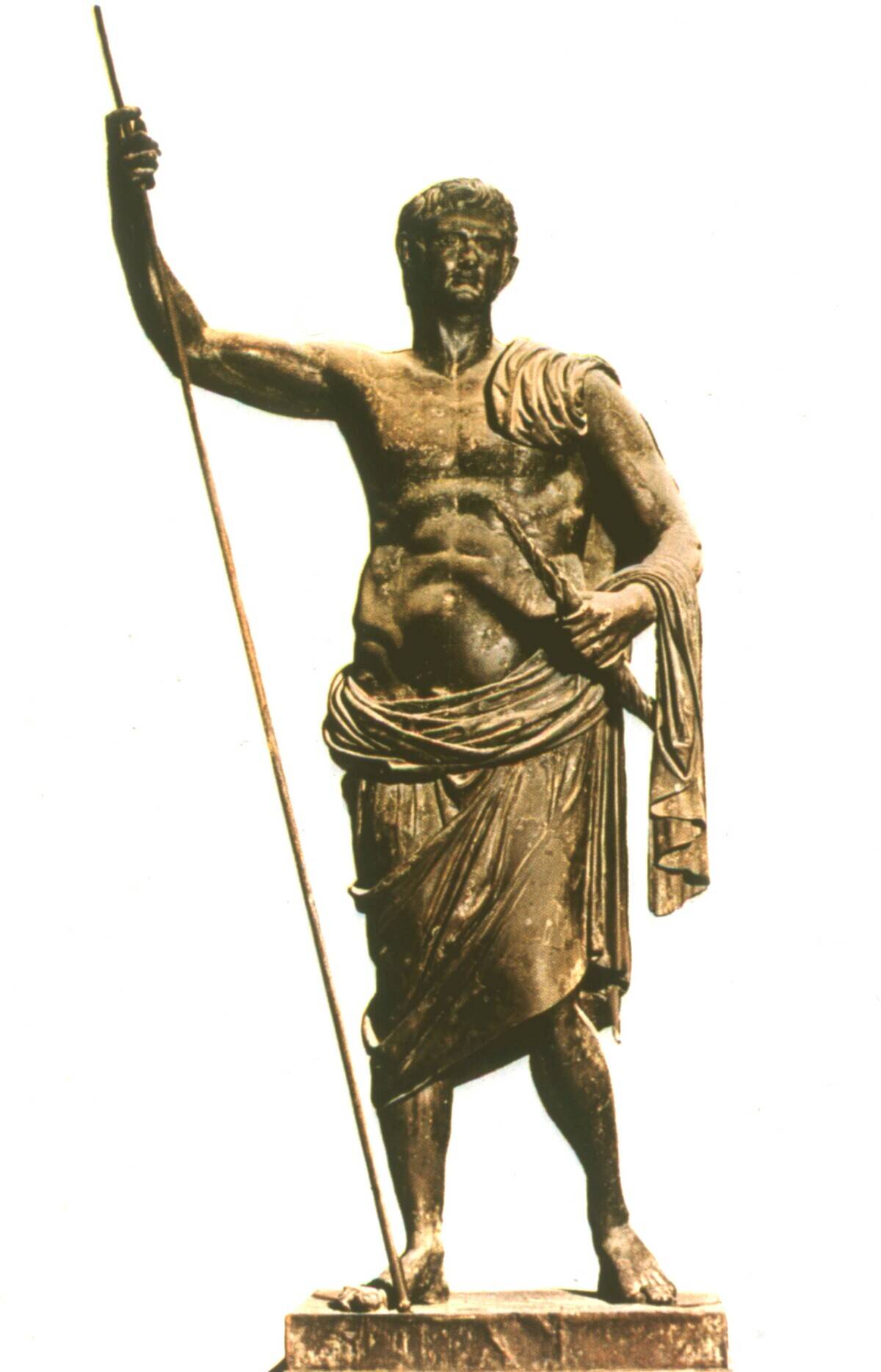
Emperor Augustus, the first Roman emperor, brought stability to Rome after years of civil war. Reigning from 27 BCE to 14 CE, he established the Pax Romana, a period of peace and prosperity across the Roman Empire. Augustus reformed the military and administrative systems, securing Rome’s borders and fostering economic growth. His leadership transformed Rome into a powerful and enduring empire, leaving a lasting legacy.
Charlemagne: Uniting Europe Under One Banner
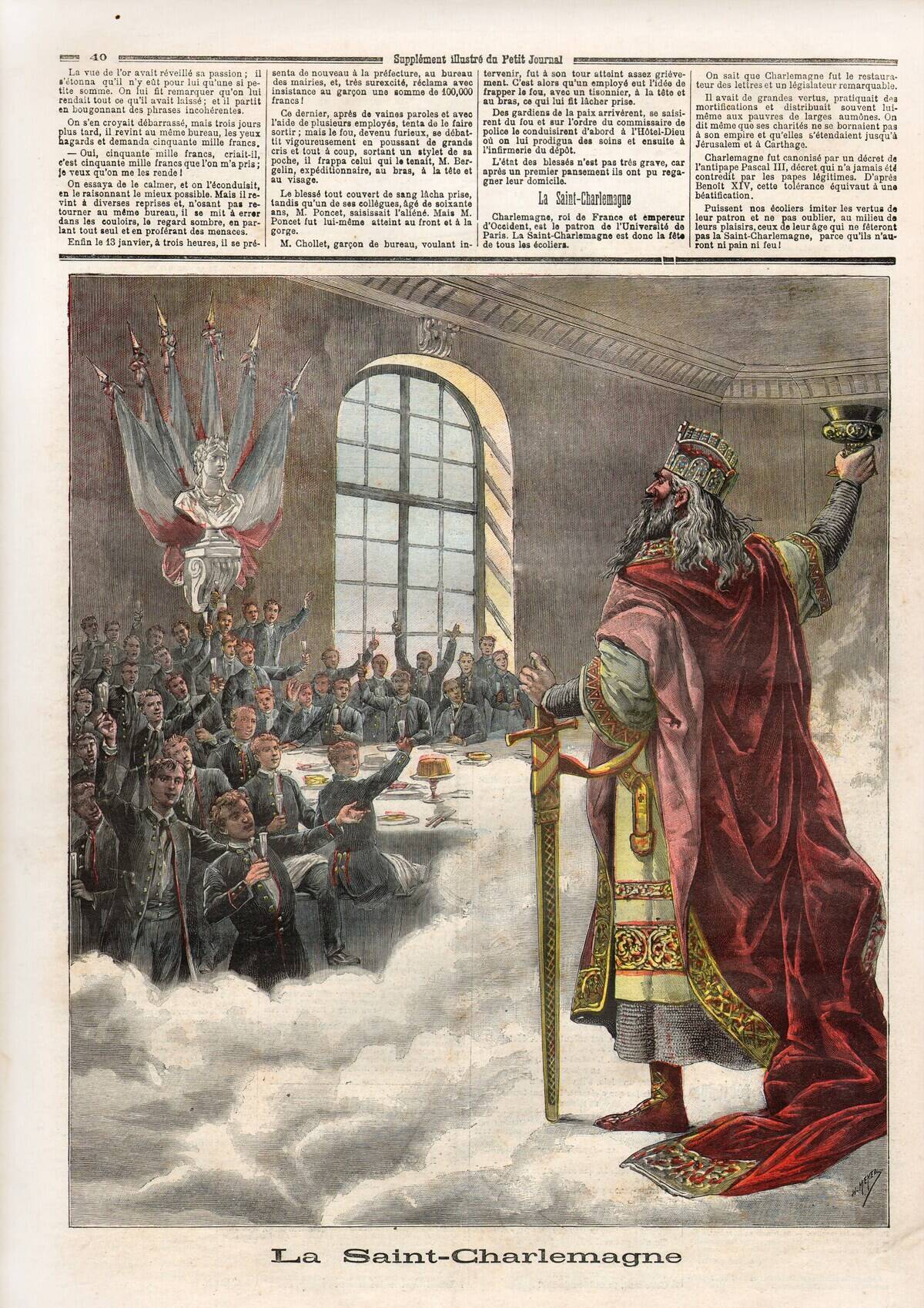
Charlemagne, also known as Charles the Great, ruled as King of the Franks from 768 and later became Emperor of the Carolingian Empire in 800. He united much of Western Europe through military conquests and alliances. Charlemagne’s reign marked the Carolingian Renaissance, a revival of art, culture, and learning. His efforts to unify Europe laid the foundation for the Holy Roman Empire and influenced European history for centuries.
Tsar Alexander II: The Emancipation of the Serfs
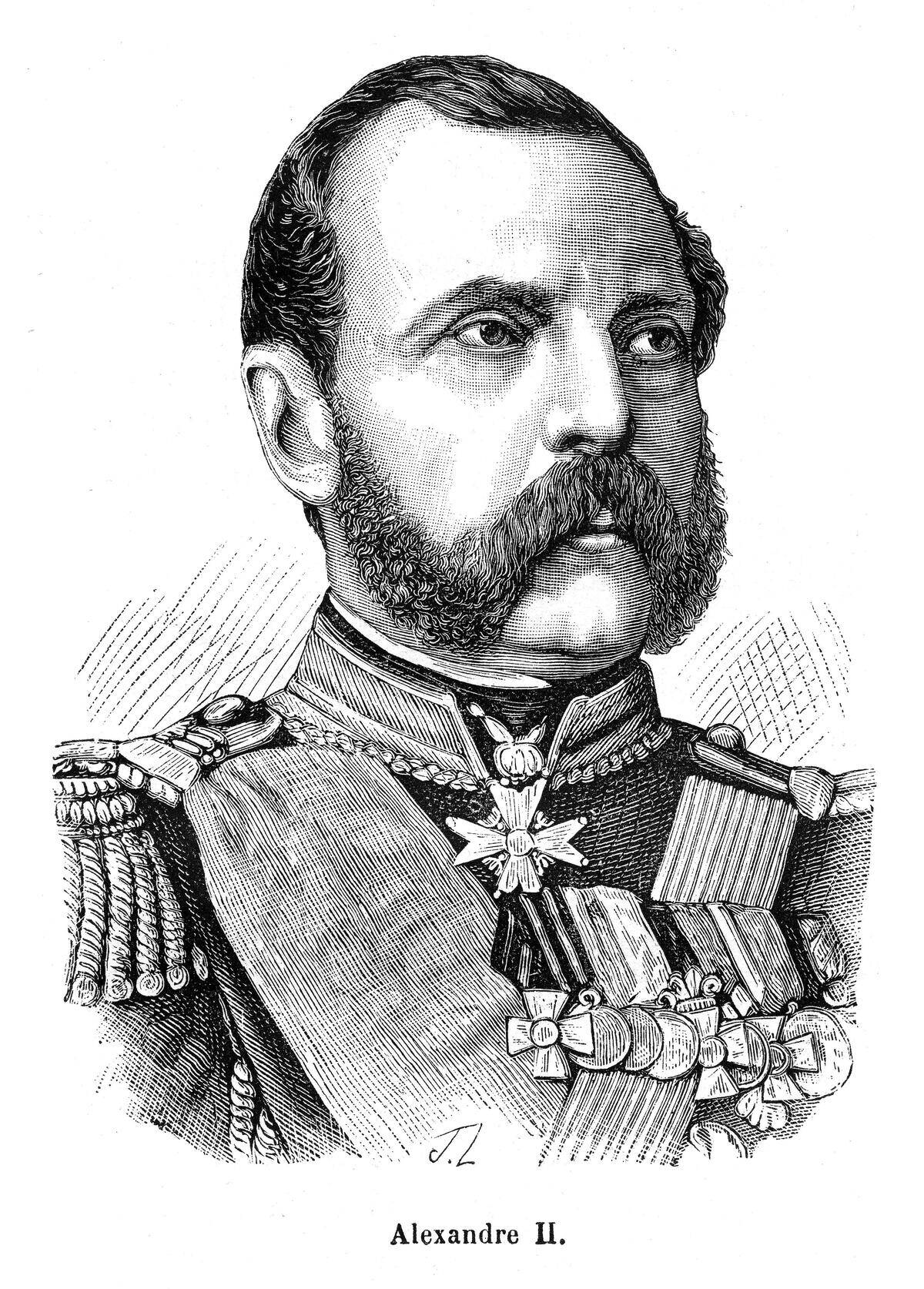
Tsar Alexander II of Russia, known as the ‘Tsar Liberator,’ enacted the Emancipation Reform of 1861, freeing millions of serfs. This monumental reform aimed to modernize Russia by granting peasants the rights to own land and improve their living conditions. Alexander’s progressive policies faced resistance from the nobility but marked a significant turning point in Russian history. His reforms set the stage for further social and economic changes.
King Alfred the Great: Defending England from Viking Invasions
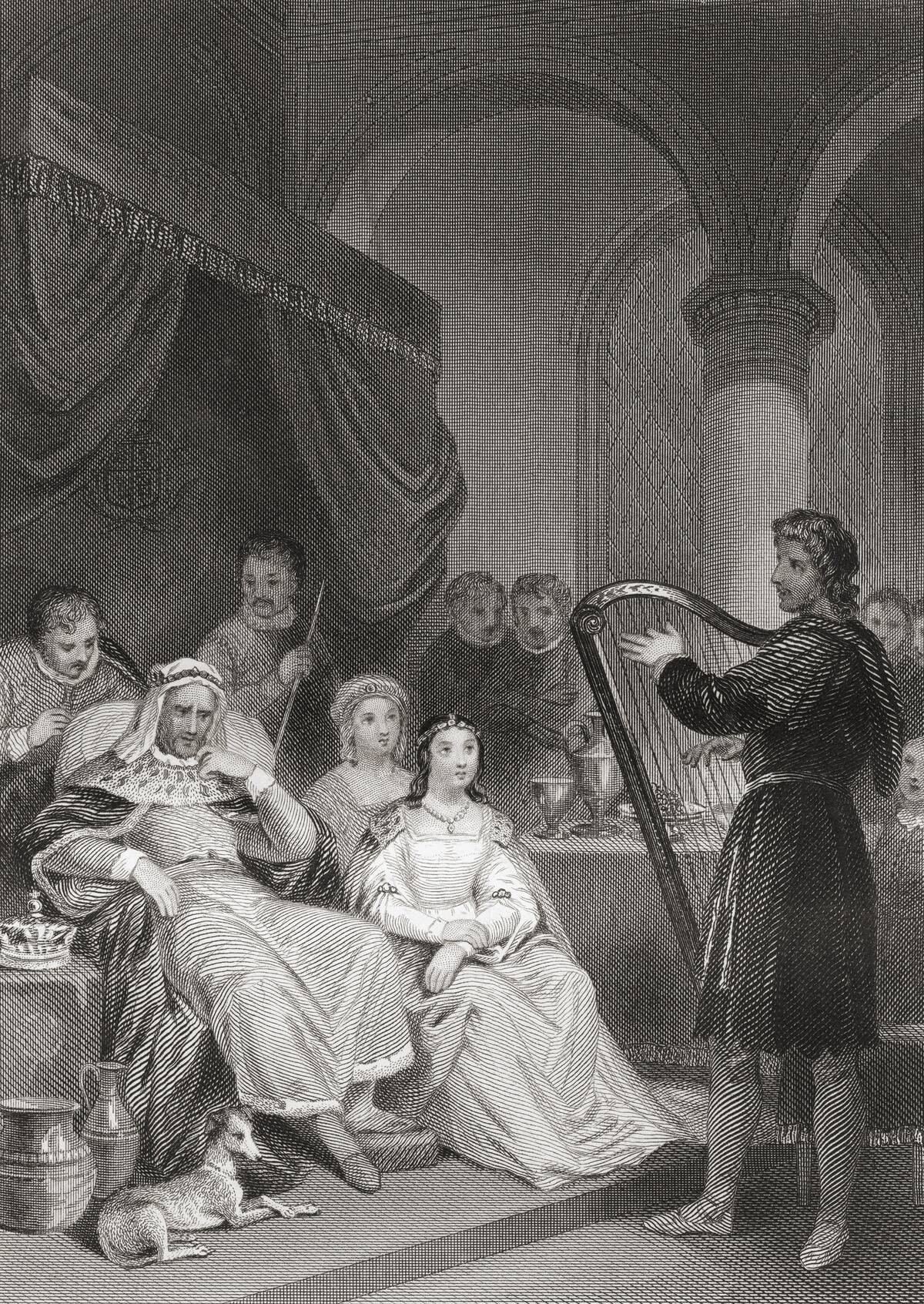
King Alfred the Great, ruling from 871 to 899, is celebrated for his defense of England against Viking invasions. His victory at the Battle of Edington in 878 secured a peace treaty with the Vikings and established a framework for coexistence. Alfred’s reign also saw cultural and educational advancements, including the promotion of English literacy. His legacy as a warrior king and a wise ruler endures in English history.
Pharaoh Hatshepsut: A Prosperous Reign in Ancient Egypt
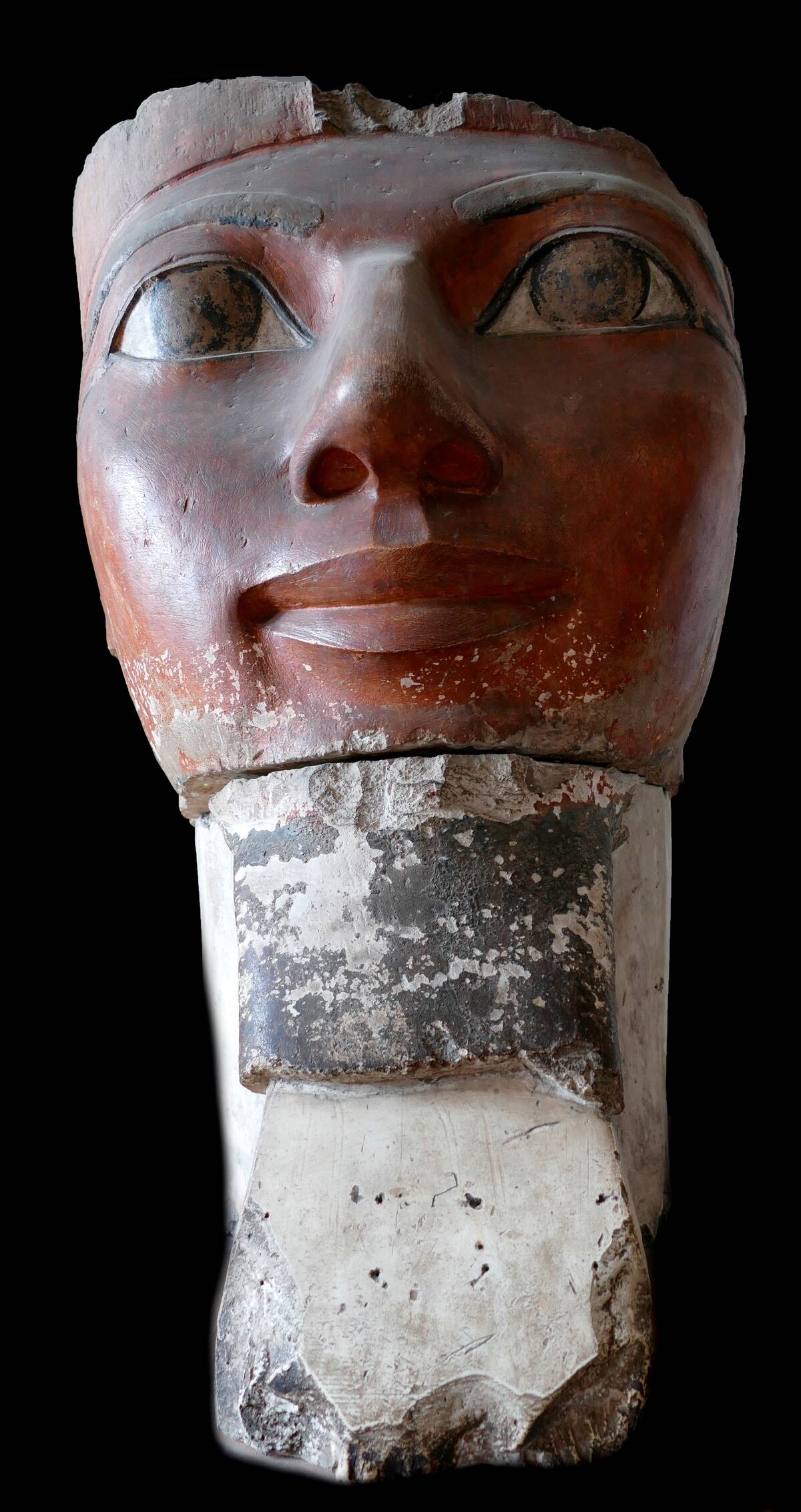
Pharaoh Hatshepsut, one of ancient Egypt’s few female rulers, reigned from 1479 to 1458 BCE. Her era was marked by economic prosperity and monumental building projects, including the famous temple at Deir el-Bahri. Hatshepsut’s successful trade expeditions increased Egypt’s wealth and influence. Her reign challenged traditional gender roles and demonstrated the capabilities of female leadership in the ancient world.
King Ashoka: From Conquest to Compassion in India
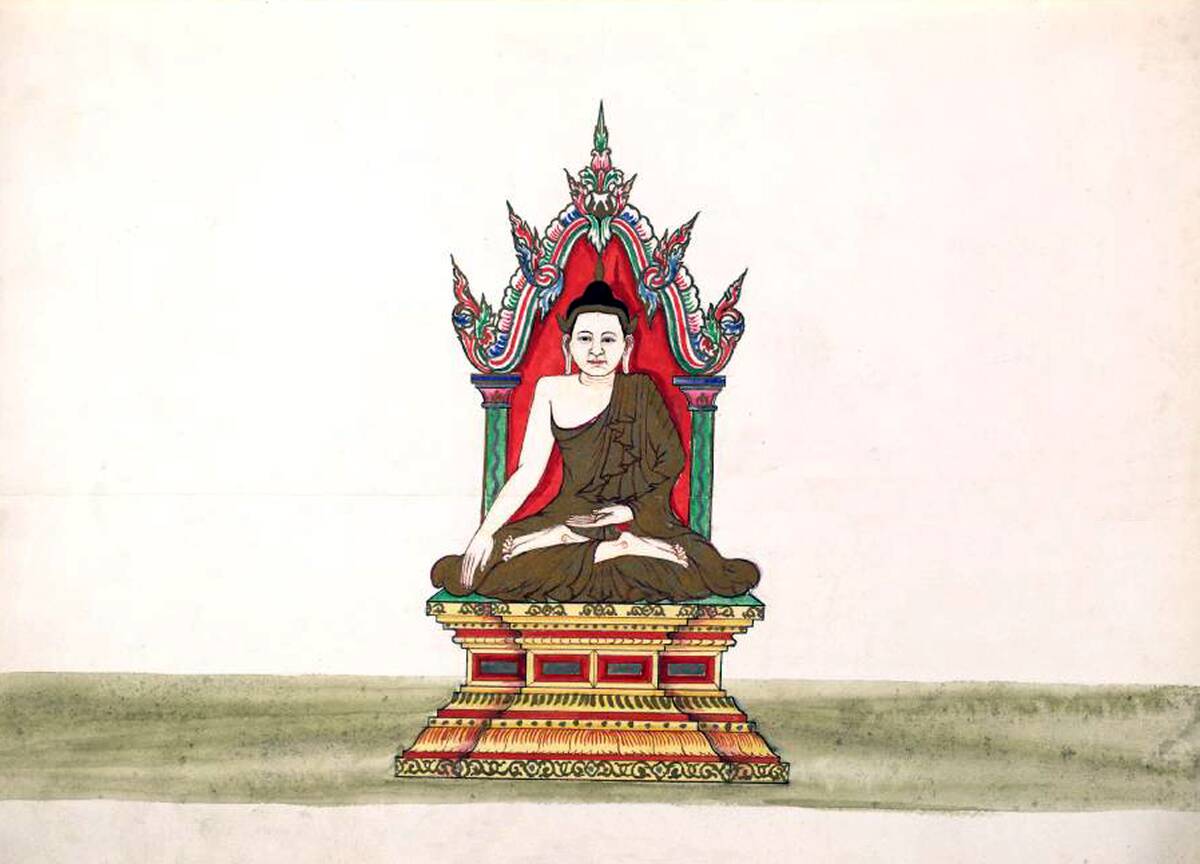
King Ashoka, ruling the Maurya Empire from 268 to 232 BCE, is renowned for his transformation from a fierce conqueror to a compassionate leader. After the bloody Kalinga War, Ashoka embraced Buddhism and adopted non-violence and tolerance as state policies. He spread Buddhist teachings across Asia, promoting moral and ethical governance. Ashoka’s legacy of compassion and peace remains influential in Indian history and beyond.
Sultan Suleiman the Magnificent: Legal Reforms and Cultural Flourishing
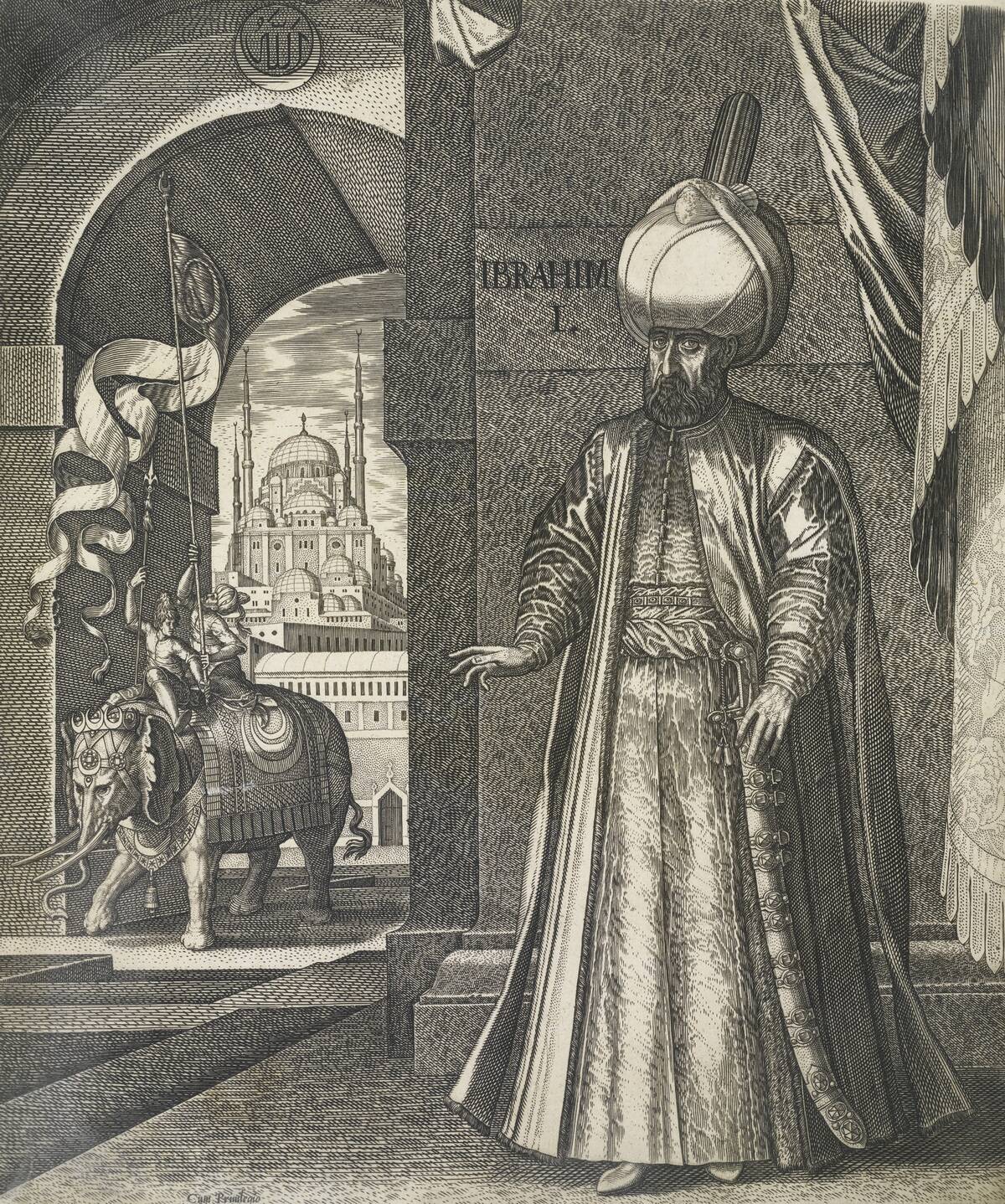
Sultan Suleiman the Magnificent, ruling the Ottoman Empire from 1520 to 1566, is famed for his legal reforms and cultural achievements. His codification of laws modernized the empire’s legal system, earning him the title ‘the Lawgiver.’ Suleiman’s patronage of the arts led to a flourishing of architecture, literature, and science during his reign. His leadership solidified the Ottoman Empire’s power and cultural influence in the region.
Queen Victoria: Steering the British Empire Through Industrial Change
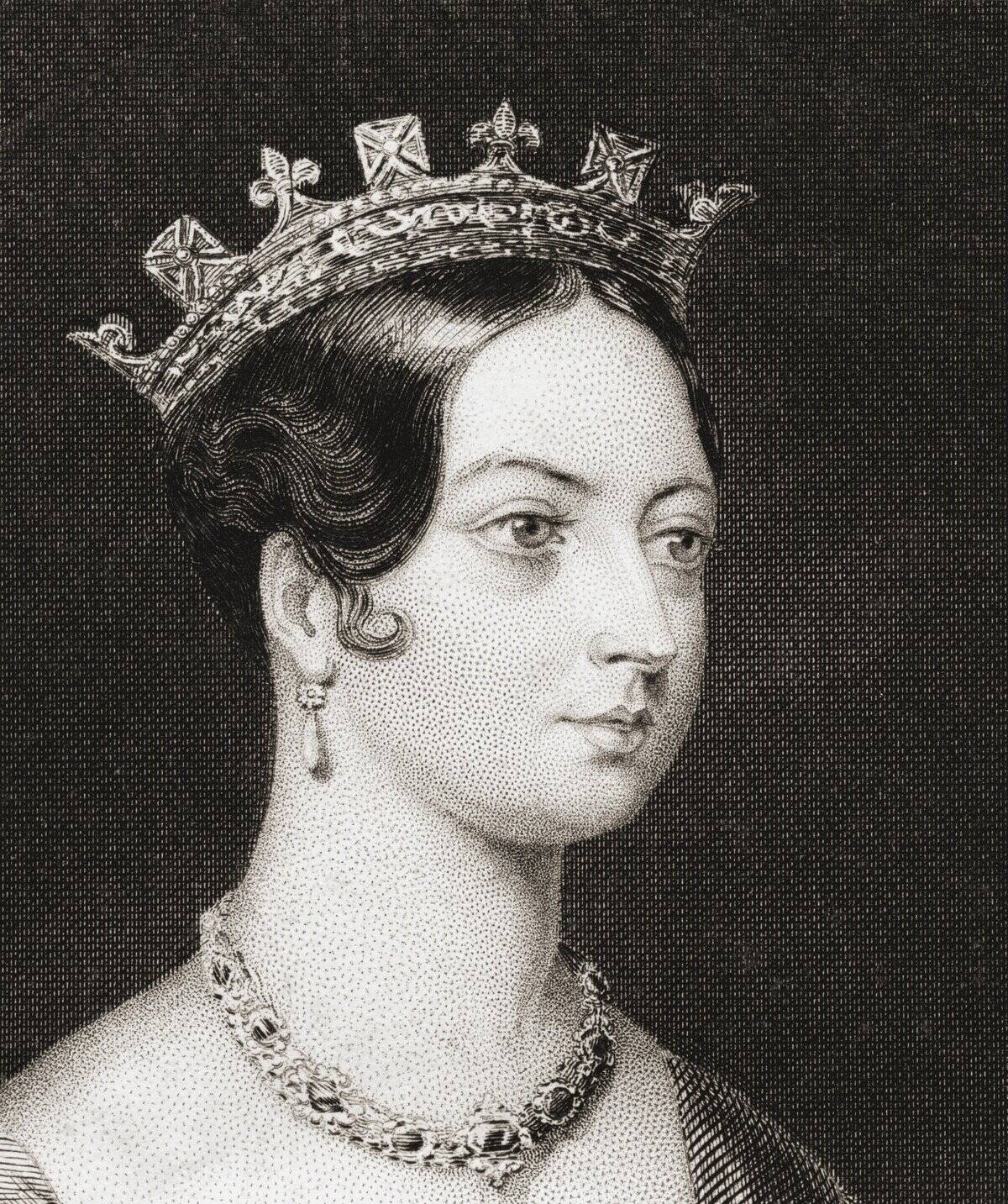
Queen Victoria, reigning from 1837 to 1901, oversaw a period of significant industrial, cultural, and scientific change in the British Empire. The Victorian Era witnessed the expansion of the empire and advancements in technology and infrastructure. Under her rule, Britain became a global economic powerhouse. Victoria’s long reign and steady leadership provided stability during a time of rapid transformation, impacting the world stage.
Emperor Akbar the Great: Promoting Tolerance in Mughal India
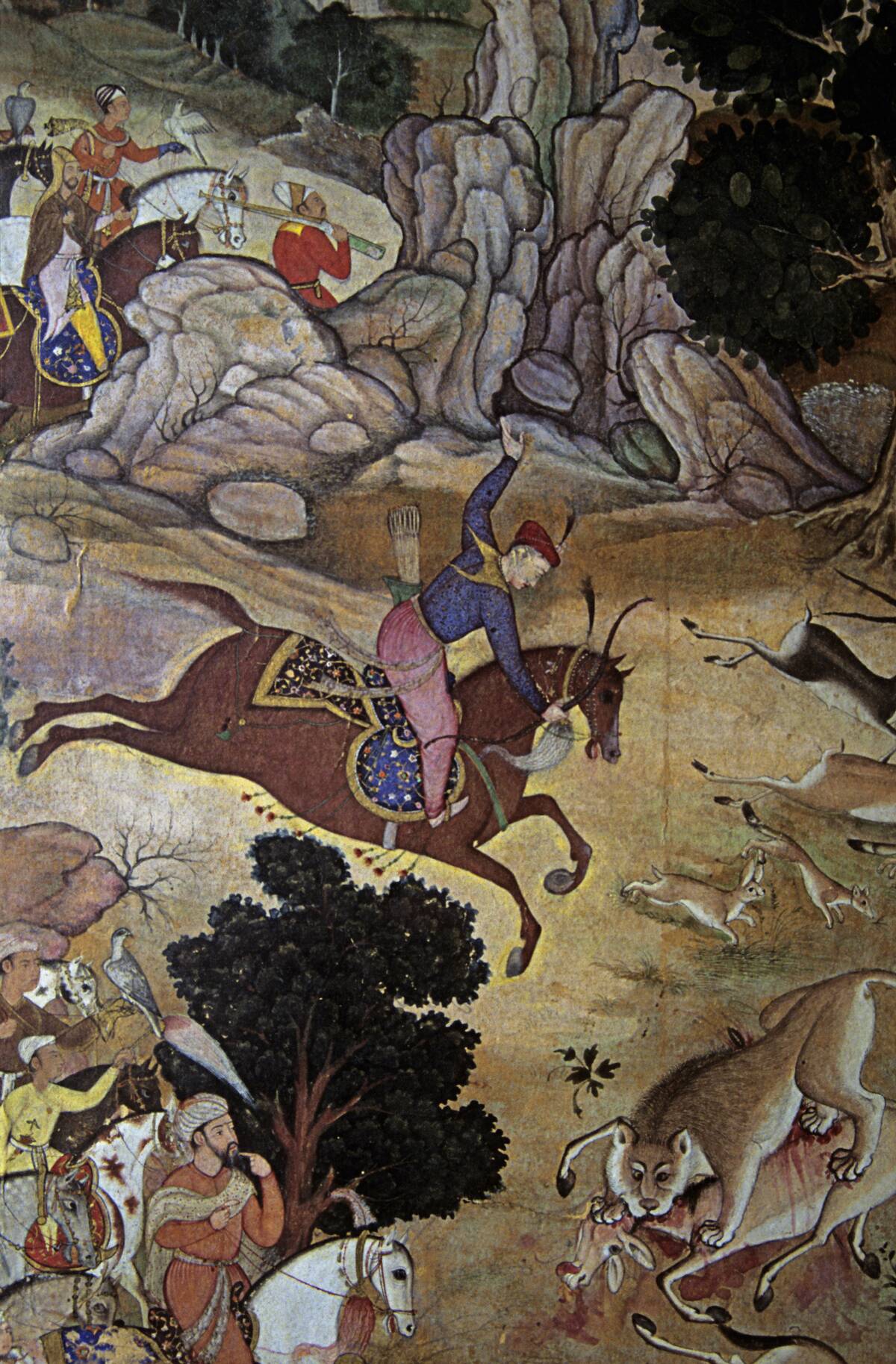
Emperor Akbar the Great, ruling from 1556 to 1605, is celebrated for his policies of religious tolerance and cultural integration in Mughal India. His efforts to foster harmony among diverse religious communities included abolishing the jizya tax on non-Muslims and encouraging dialogue between faiths. Akbar’s inclusive governance and patronage of the arts and sciences left a lasting legacy on India’s cultural and social fabric.
King Juan Carlos I: Guiding Spain Towards Democracy
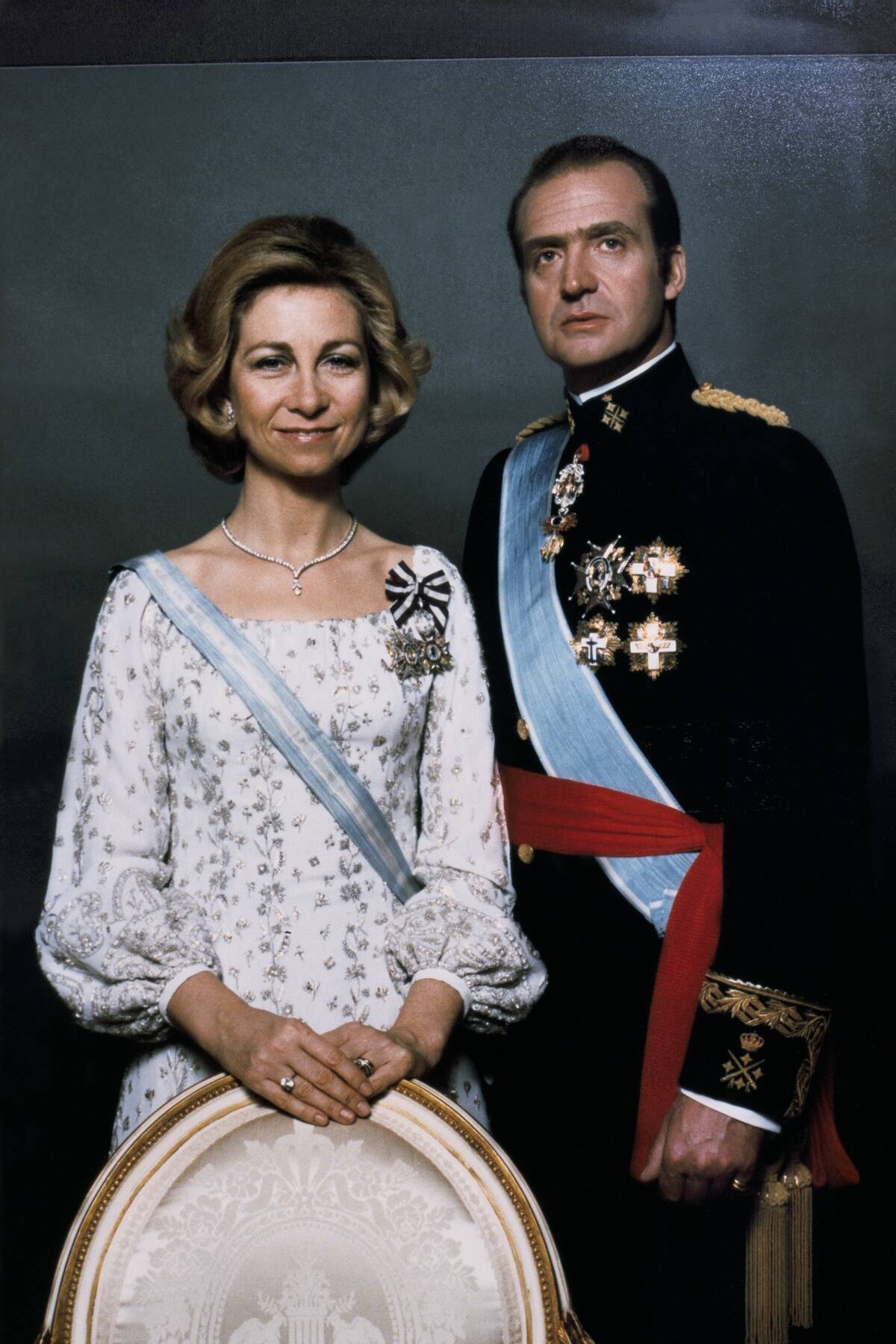
King Juan Carlos I of Spain played a crucial role in transitioning Spain from dictatorship to democracy after General Franco’s death in 1975. His support for democratic reforms and the 1978 Constitution helped establish a parliamentary monarchy. Juan Carlos’s leadership was instrumental during the attempted coup in 1981, where he defended democratic principles. His reign marked a new era of political stability and modernization for Spain.
